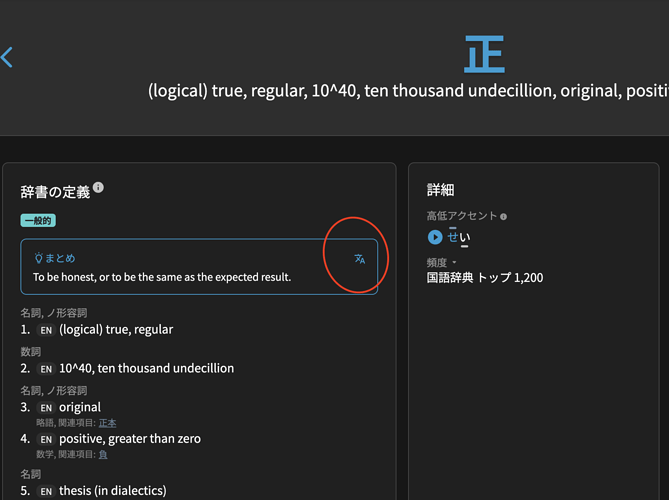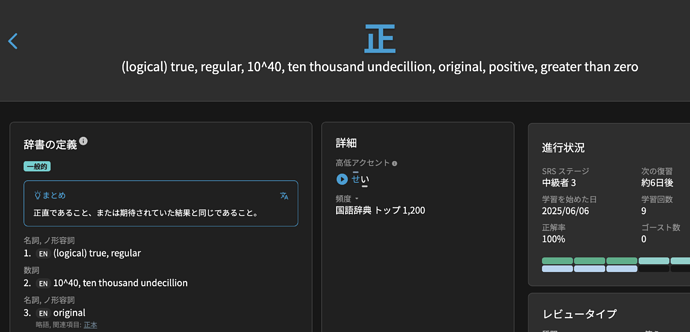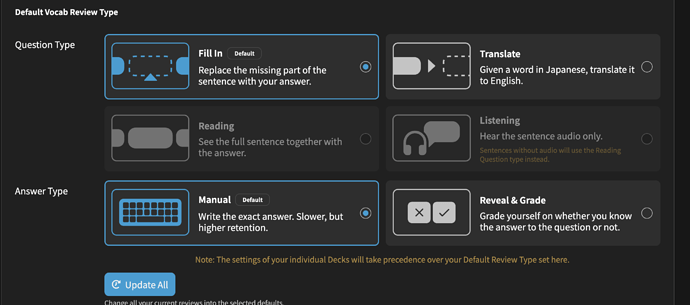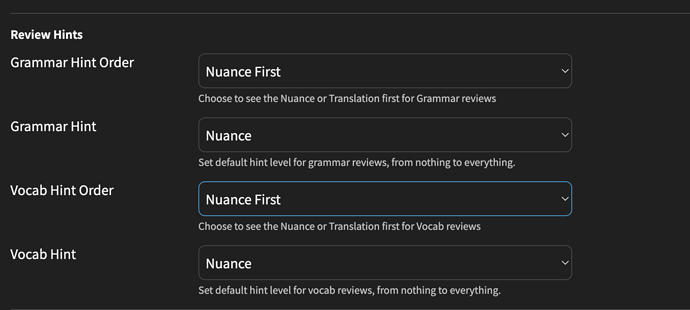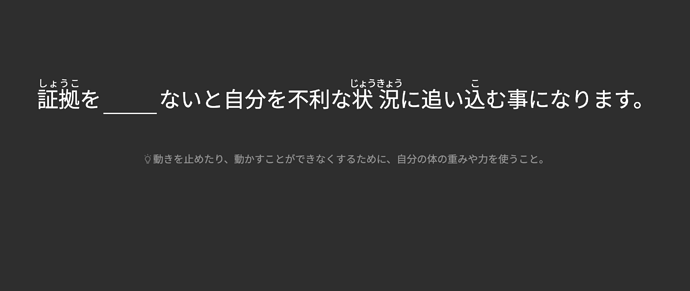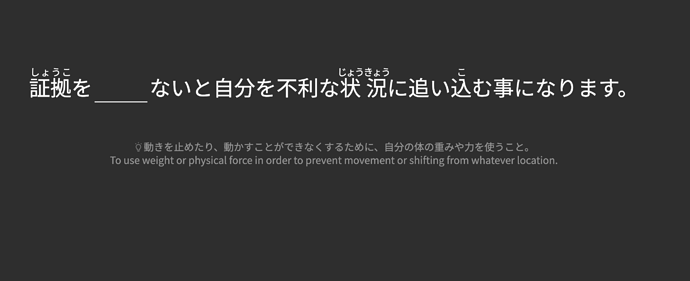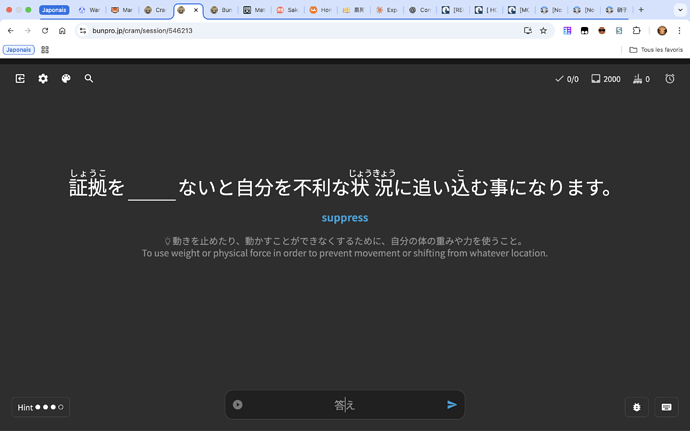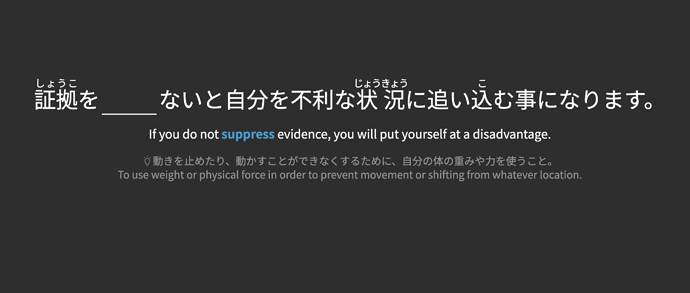please
May I ask why you feel like you need this? Translations of words are inherently inexact. Neither source is necessarily right or wrong.
This. If anything, Wanikani definitions are far too incomplete, and as soon as possible you should try to at least get a feel for the Japanese explanations of a word more than the translation. Bunpro has this starting with N5, with level-appropriate sentences.
One example outside of Wanikani/Bunpro. If you look up おもむろに in JMDict, which many would consider a reference, the translation is 1) suddenly, abruptly (sometimes non-standard) 2)slowly, without haste, calmy, gently, deliberately (original meaning)
However, if you look up the same word in japanese only dictionary, you have 落ち着いて、ゆっくりと行動する様 (daijisen), ゆっくり動作を起こす様子/急に (Sanseido), あわてず、ゆっくり何かをすることを表す (Shin Meikai), ゆっくりと動作を起こすさま (Oubunsha), 物事の起こり方がゆっくりとしているさま(注意) 突然・不意に、の意で使うのは誤り(Meikyo), 落ち着いて、ゆっくりとことを始めるさま、ゆったりしたさま (Daijirin).
Which means that the first meaning given by JMdict only shows up in 2 out of 6 Japanese dictionary, and is flagged as a misuse in one of those 2 instances.
Tl;dr : don’t rely on translations, use Japanese definitions as much as possible; Bunpro has that feature almost from the beginning.
I’ve been actually also wondering about おもむろに, because in a novel where I’ve encountered it it was not entirely clear from the context which of 2 opposite meanings it is used in.
Where may I find Japanese definitions on bunpro?
On the vocabulary lesson page, it’s on the left. You have main translations right below the word, and a blue rectangle with the explatation on the left. Clicking on the small icon in the upper right corner toggles japanese or english 
and for reviews, I use Fill-In question type, with Manual answer type, Nuance as Vocab Hint type, Nuance First as Vocab Hint Order (all these are in the settings)
This is what the question screens look like (pressing the space bar in between each hint step)
Oh. I didn’t knew you can translate that box to Japanese 
Thank you very much. I wanted to change the method of my reviews to typing to learn the vocab better

